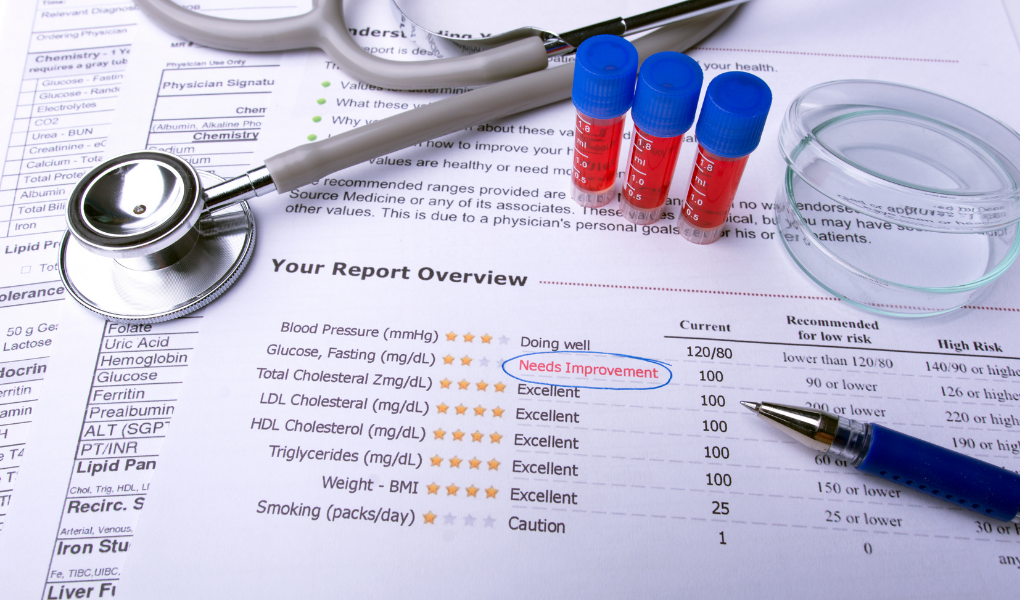What Is the Purpose of a Blood Urea Nitrogen (BUN) and Creatinine Test?
More Programs and Publications Featuring Dr. Kyle Riding
In this program:
Blood urea nitrogen and creatinine levels can be checked to gauge some kidney conditions. Watch as medical laboratory scientist Dr. Kyle Riding explains how the tests are used exactly, the function they test in the body, and possible conditions that may be flagged with the tests.
Transcript
Leo Hesse:
What is a blood urea nitrogen, also known as BUN, and creatinine test? And why would my doctor be interested in these results?
Dr. Kyle Riding:
Absolutely, I'm happy to talk about those. So BUN, blood urea nitrogen and creatinine are both waste products made by various cells throughout your body, remember just like we consume food and then have to go use the restroom, our cells do the same.
They consume that glucose, they do different metabolic activities, and while they don't go to a physical restroom, they certainly have waste products they need to get rid of, and that's part of normal metabolism, and two of those are the BUN and the creatinine. Now, just like you wouldn't want your bathroom to overflow, our body does not want to have its waste products floating around in the blood unnecessarily, so we need to get rid of them, while the way in which we get of them is through our kidneys, where we filter those waste products through the kidneys, and then urinate out those waste products. But here's the problem, when those kidneys aren't working and we have kidney disease, we're going to end up in a situation where the kidneys can't filter the blood correctly. And because they can't filter the blood correctly, we can't get rid of those waste products. So the BUN and the creatinine will actually increase because of that.
The information on Diverse Health Hub is provided for educational purposes only, and is in no way intended to diagnose, cure, or treat any medical or other condition. Always seek the expert advice of your healthcare team.












